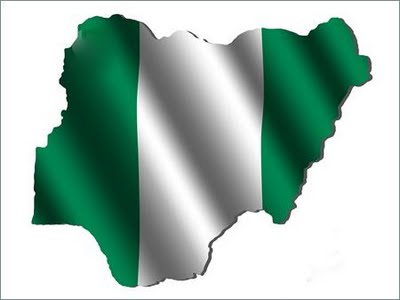Introduction
Civilization is the education of people in society. It enables cultural values to be appreciated and adhered to. Today’s world revolves on civilisation wheels fashioned by the West (Europeans).
The Past
Nigeria, a former colony of the British Empire, has had as an aftermath of colonialism, the path of its constituent nations and the heritage of her peoples, altered.
Before the era above, the peoples indigenous to the jurisdiction now known as Nigeria, lived under predominantly monarchical empires which had age-grade systems in hierarchy to support. Major occupations were farming, fishing, trading, and hunting among others. Education was a communal chore involving groups of older people (and the family), teaching aspects of life and rituals that would help the young in adulthood.
Education included games, dancing, singing, craftwork, festivals, drawing and ceremonies. Boys and girls were taught separately to help prepare each sex for their adult roles. They also went through rituals of passage ceremonies from childhood to adulthood which in a way marked the end of education.
The Present
Thrown off course, and led to new waters, the Nigerian has shown great aptitude in embracing and applying knowledge, social-economic and political systems hitherto unknown in the region. In fact, a generation or more now exist almost sold out to Western practices and mores.
However, stunned by colonialism, and awakened to the ‘appeal’ of the world, science and technology et al; and also lured by the goal to ‘qualify’ as a global leader on the world stage, Government (even in the family unit) shirked responsibility to educate the peoples following erstwhile practices. The drive was to give the Nigerian leverage and acceptance in the global village, by offering Western education as the primary medium for transmission of values.
Challenges
It is clear that western civilization has brought great benefits to Nigeria. However, a vacuum exists in the conflict of identity of today’s Nigerian. Conflicting mores, and expectations shrivel the native communal fabric.
There is a thirst and quest for substantiation. Sometimes this thirst is mirrored by the persistent local outcry for good leadership especially as the country appears to have made much progress in development (actually westernisation) without the benefits.
The Nigerian searches for direction; and actualisation which is not limited to self, but manifest in the entire polity.
Plausible Solutions
It is a call to harmonize systems. Harmony of all systems of education for a common purpose, that is, defining the Nigerian person as a prerequisite to fostering the sustainable development of the country. Nigerians (Government and people) should necessarily:
- Embrace the realities of the tribal and cultural differences, and the jurisdiction limitations.
- Create educational systems- building on Western civilization structures -that defines the Nigerian individual and guides students to that end.
- Ensure that the education systems empower the Nigerian to aspire to feasible heights; and learn contentment out of work well done.
About the Author:
Aizighode Obinyan is a legal practitioner and budding writer. She is interested in social re-engineering for Man.

